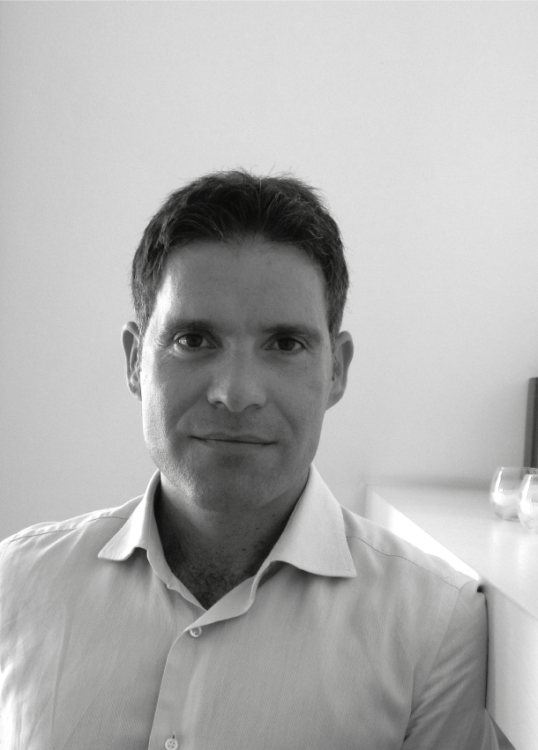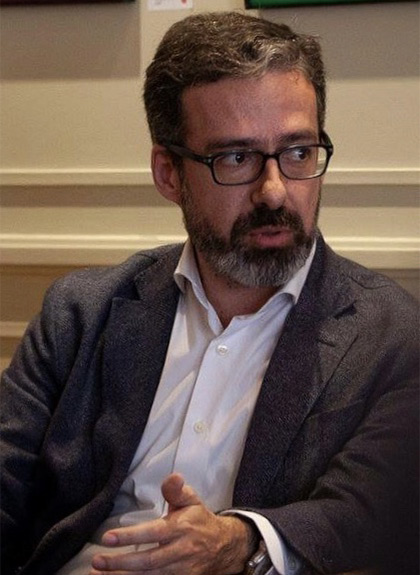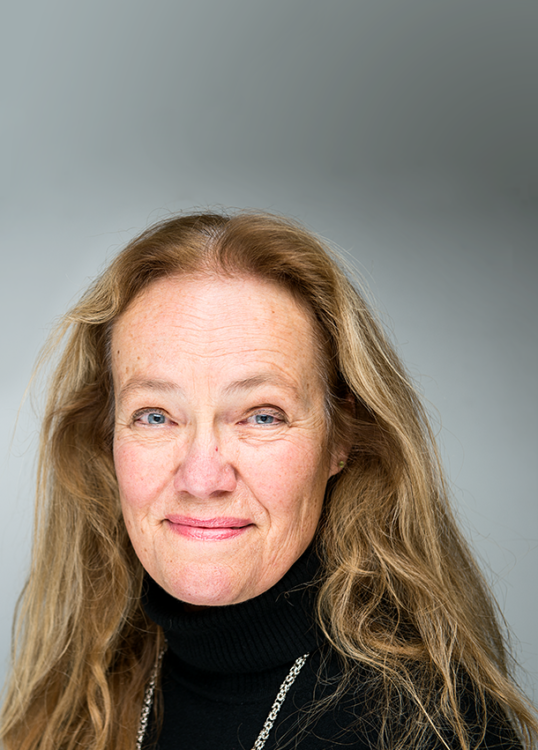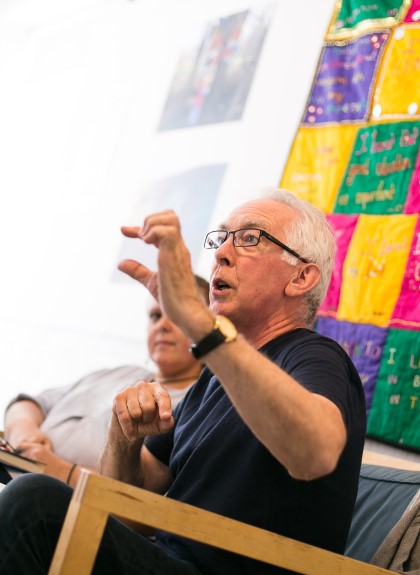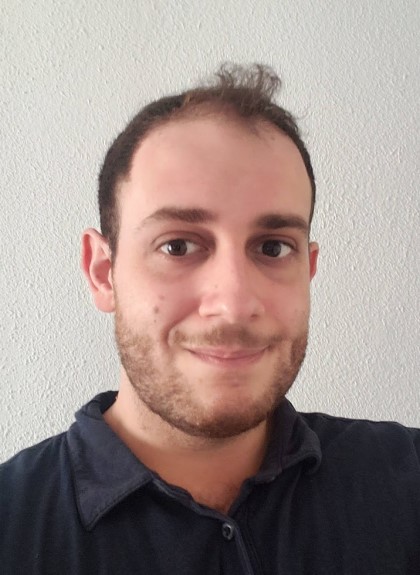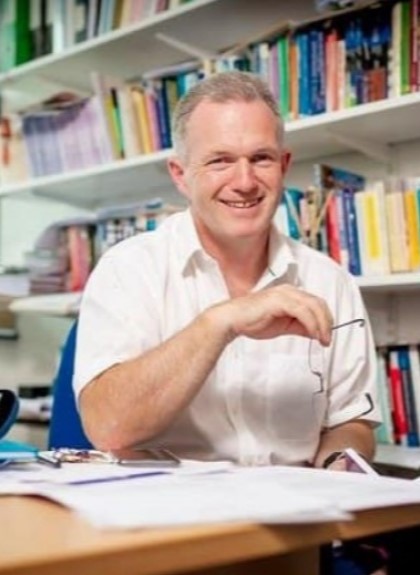EURA Conversations
04/05/2020
Welcome to the first in a series of weekly posts, all written by EURA members, on various aspects of the Covid-19 pandemic. The idea is for this column to provide a democratic space to share experiences, offer reflections and open up conversations. Does the Covid-19 pandemic raise new questions for urban studies? What are the implications of this disaster for the future of cities and urban governance? Amid all the suffering are there positive stories and insights to ...
18/05/2020
As I write these lines, all over the world the COVID-19 pandemic is still disrupting a broad range of aspects we usually refer to as “urban life”. In many countries lockdown will be on the government agenda for weeks, with no expectation for the opening of concert halls and sports arenas, cinemas and museums. In many others social interactions are still minimized for fear that people’s efforts to recover from the pandemic may be frustrated by a new virus explosion. ...
18/05/2020
I follow the tone of the previous posts in this new EURA Conversations channel. This is a democratic space to share experiences, offer reflections and open up conversations. I would like to advocate that the Covid-19 pandemic can serve as a catalyst, encouraging cities and local authorities to fast-track urban transformation. A prime example of this type of change has ...
16/06/2020
The corona pandemic has a wide range of effects on our cities and many observers speak of cities in crisis. Some of the effects are short term and immediate (closure of shops, bars, schools, museums, collapse of parts of the economy etc.), some will be long term. One of these short-term measures with an eventual long-term effect is discussed with a positive undertone: the opening up of temporary additional cycling lanes or even the closure of streets for cars. It see ...
23/06/2020
In the first EURA Conversation, Robin Hambleton highlights the importance of good local leadership for handling the corona pandemic. However, the success of local and national policies to fight back the pandemic depends first and foremost on peoples’ responses to policies restricting their everyday life – every day. That is, it depends on peoples’ trust to or fear of their authorities – and the virus. The Nord...
30/06/2020
The 2020 public health emergency has interested the whole word and, although in different manner and measure, changed habits and use by people of places and cities. In many countries public spaces became completely empty and new urban landscapes have substituted for the previous one, transforming the private into public. Houses and balconies were – and still are – used as work and study spaces, breaking down ...
13/07/2020
In the movies the dystopian view of a pandemic and its aftermath is mass unrest, accompanied by a breakdown in law and order. In reality one of the most striking elements of the response to the Covid-19 pandemic is that communities have responded through support and solidarity. While such networks of support might be the norm in some neighbourhoods, or were in the past, the evidence from the academic literatu...
20/07/2020
Along the last months, we have been asking ourselves what changes should take place in the post-COVID city, what themes and approaches we need to put into practice and include in our reflection to emerge stronger from the unprecedented situation that we are facing as European society. Concerning this, urban regeneration emerges as a pertinent response and full of possibilities to face the difficult reality th...
05/10/2020
Evidently, the Covid-19 crisis poses great danger to peoples’ health and to the economy. Nevertheless, just as with any crisis, Covid-19 represents not only disruption but also opportunity. This health crisis has destroyed lives and disrupted the economy. Nonetheless, all of a sudden it also stopped some of the undesirable consequences of the ways we produce, travel, entertain and live our urban lives. Thus, the pandemic poses new perspectives on urban quality of life...
20/10/2020
Previous contributors to EURA Conversations have drawn attention to the importance of place and place-based action in responding to the Covid-19 calamity. For example, Paula Russell in Conversation 7 surmised that the impressive efforts of local self-organising community groups in Ireland could be generating a new sense of commitment to place. In Conversation 3 Filipe Teles highlights the value of place-based...
02/11/2020
More than a century and a half ago, Doctor John Snow uncovered the linkage between cholera and the urban infrastructure by tracking and mapping infections and deaths in London’s Soho, which constituted a milestone of what we call GIS (Geographic Information Systems) today. Nowadays, it is indisputable that Covid-19 is the most mapped disease in history by public administrations, data journalists, and scholars...
16/11/2020
A previous piece in this series (Conversation 1, Robin Hambleton) has emphasized the role of cities/local governments in responding to the current crisis, while another (Conversation 9, Ivan Tosics) has argued that cities are sometimes not in a position to handle complex and simultaneous crises. The instruments at the disposal of the cities could make a difference. And any discussion about instruments requires...
30/11/2020
Safety and freedom have always been qualities expected from and connected to cities. In ancient and medieval times, city walls were a symbol of shelter and protection from external threats. They signaled a territory governed under a rule of well-known law. Yet, at the same time, since the development of the ancient polis, citi-zens probably expected more freedom in the urban context than in the rural one. In a city where many of the inhabitants were newcomers, the flair...
14/12/2020
I would like to contribute to this series of EURA Conversations by suggesting that the Covid-19 pandemic has shown how important it is for all of us to give “good” information. Nevertheless, I am not going to tell you about the proliferation of news about the pandemic, ranging from scientific and objective data to images on long ambulance queues in front of hospitals. On the contrary, I would like to offer you...
13/01/2021
A few weeks ago, a column in Time magazine was accompanied by an eloquent drawing: in it, a big red X overlapped the number 2020 and, just below, an inscription said ‘The worst year ever’. There are many reasons to recognise that the Time’s statement isn’t without foundation. Due to the Covid-19 pandemic, last year 1.8 millions lives were lost across the world. For months, our social life has been cancelled by...
25/01/2021
As I sit back to reflect upon my teaching experiences over this academic year, I try to count the number of silhouettes I have taught, the number of breakout rooms in which tumbleweed has rolled, and the number of silhouettes who have remained in the virtual classroom long after it has concluded, ignoring requests to leave the room. I remember the halcyon days where the lecture could be a performance as well as...
08/02/2021


